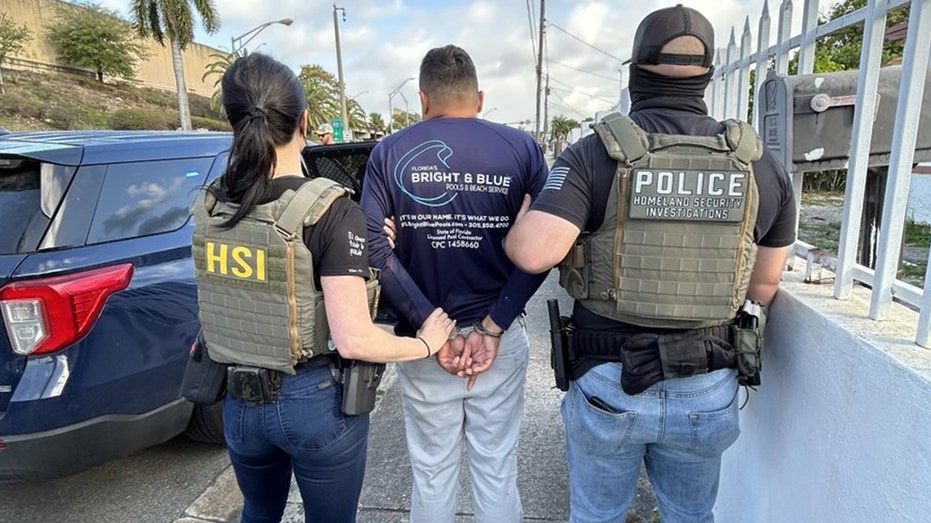Florida Sheriff Warns Trump Immigration Enforcement Faces Detention Capacity Challenges
Sheriff Judd urges executive action to expand detention capacity, citing ICE resource shortages hindering Trump’s immigration enforcement efforts.

Florida law enforcement officials say they are prepared to support the Trump administration’s renewed crackdown on illegal immigration, but warn that a shortage of federal detention space could undermine enforcement efforts. Polk County Sheriff Grady Judd told reporters that local agencies are in a position to assist with arrests, but face limitations when it comes to holding migrants for extended periods.
“We heard President Trump loud and clear when he said start with the worst first, and let’s get these illegal aliens out of the country,” Judd stated. However, he emphasized that after individuals are detained, “they're turned back into the street” because U.S. Immigration and Customs Enforcement (ICE) lacks sufficient resources and capacity to hold them.
The sheriff highlighted federal rules that restrict how long local jails can detain migrants unless formal agreements—known as Intergovernmental Service Agreements—are in place. These regulations generally prevent local facilities from holding migrants for more than 48 hours once their local charges are resolved. “County jails can hold them short term if we have accompanying criminal charges, but we can't hold them long term,” Judd explained. He called for greater partnership and funding from federal authorities to expand state and local capacity to house detainees.
As enforcement pressures mount, Florida has taken steps to bolster its role in immigration operations. The Florida Highway Patrol recently became the first state agency in the nation to have troopers trained under the federal 287(g) program, which authorizes designated officers to perform some immigration enforcement functions in cooperation with federal agents. Governor Ron DeSantis credited the initiative with producing early results, suggesting it could provide a model for other states seeking to increase their involvement in immigration enforcement.
Sheriff Judd also advocated for executive action to address detention bottlenecks, suggesting that temporary housing—similar to structures used for emergency hurricane shelters—could be set up for migrant detainees. “We’re eager to make it happen. We’re sitting on go,” Judd said. However, he added, “The federal government doesn't have the infrastructure to hold them, nor are they willing to pay when we offer the infrastructure.”
Judd expressed support for ICE personnel, arguing that the agency is hampered by resource constraints inherited from the previous Biden administration. “They’re severely limited because they're operating with the resources that the Biden administration left them with. And the Biden administration wasn't into deporting people. They were into importing people,” he said.
The sheriff maintains that stronger detention policies would act as a deterrent, discouraging unlawful border crossings and overstays. “We’ve got to stop the game playing, and only the federal government can do it,” he concluded.
ICE has not yet responded to requests for comment on the current enforcement challenges facing law enforcement agencies in Florida and nationwide.




